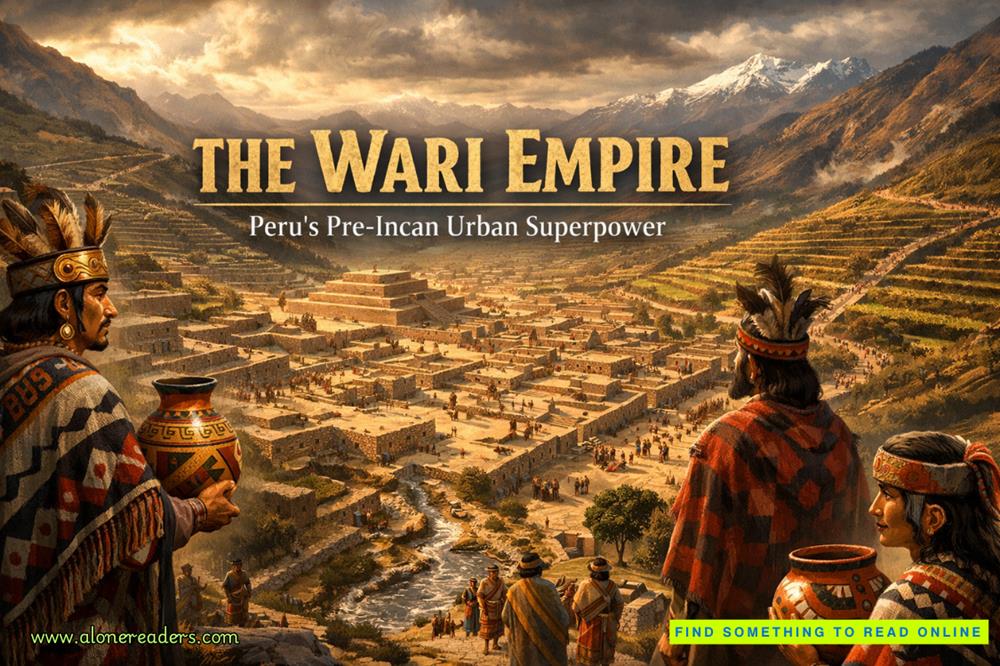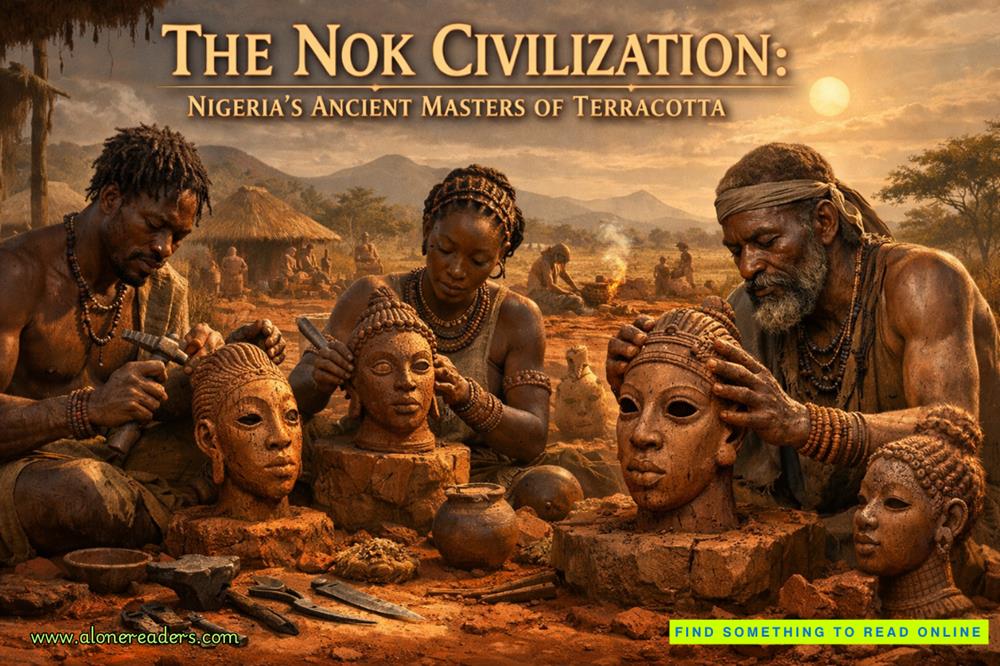He glances at Jorem, then back at me. “The Matrix wasn’t designed to create connections, Captain. It was designed to reveal them. The bond between us... it existed before we touched. The artifact simply made us aware of the potential.”
“That’s impossible.”
“Is it?” His voice carries quiet challenge. “You dreamed of crystal cities before you knew they existed. You felt homesick for a world you’d never seen. That’s not artificial emotion—that’s recognition.”
“Zephyrian superstition,” Jorem dismisses. “The artifact creates false connections by exploiting neural vulnerabilities. Nothing more.”
“Then why are you so afraid of it?”
The question hangs in the air like an accusation.
Jorem’s expression shifts from arrogance to something that might be uncertainty. “I’m not afraid. I’m simply maintaining proper cultural protocols?—”
“You’re terrified,” I realize, studying his body language with the analytical skills that have kept me alive through three years of deep space command. “Not of the artifact itself. Of what it might reveal.”
“Captain MacGray, I strongly advise?—”
“What aren’t you telling me about Zephyrian culture? About the real reason your people abandoned emotional connections?”
Jorem goes rigid, his markings flaring so bright they cast shadows across the cargo bay walls. “Some truths are too dangerous for alien minds to comprehend.”
“Try me.”
“The Time of Passion nearly destroyed our civilization. Uncontrolled empathic bonding led to neural cascades that killed millions. We learned to suppress emotional connections for good reason.”
“But the Matrix survived.”
“Three artifacts, hidden away and forgotten. They should have remained so.”
I step closer to the crystal, feeling its resonance strengthen with proximity. The light patterns dancing across its surface seem almost hypnotic, and I find myself remembering fragments from the dreams—towers that bend without breaking, air that tastes of starlight, the feeling of belonging somewhere vast and beautiful.
“What if your ancestors weren’t wrong?” I ask quietly. “What if the connections they created were worth the risk?”
“Then they were fools, and their deaths proved it.”
“Or they explored something your current culture is too afraid to understand.”
Jorem takes a step toward me, his expression dangerous. “Captain, you will surrender the artifact immediately, or I will be forced to take it by?—”
The crystal flares suddenly, casting brilliant light throughout the cargo bay. At the same moment, the station shudders around us, and somewhere in the distance, emergency klaxons wail.
“Bridge to Captain MacGray,” Williams’ voice crackles through the comm. “The spatial distortion just doubled in size. At the current expansion rate, it’ll reach us in ninety minutes.”
I look at the crystal, then at Zylthar, whose violet eyes reflect the artifact’s glow like captured starlight. The bond between us—artificial or not—hums with increasing intensity, and I feel his emotions as clearly as my own: fear, hope, desperate longing, and underneath it all, a love so deep, it takes my breath away.
Real or not, it’s the most beautiful thing I’ve ever felt.
“Zylthar,” I say quietly. “If we don’t undergo neural purging, what happens?”
“I don’t know. No bonded pair has ever chosen to embrace the connection fully.”
“Because they were all purged?” I question.
“Because they all died first.”
The admission hangs heavy in the recycled air. I study his face, noting the way his markings pulse in rhythm with the artifact, the way his breathing synchronizes with mine without either of us noticing.
“How long do we have?”















